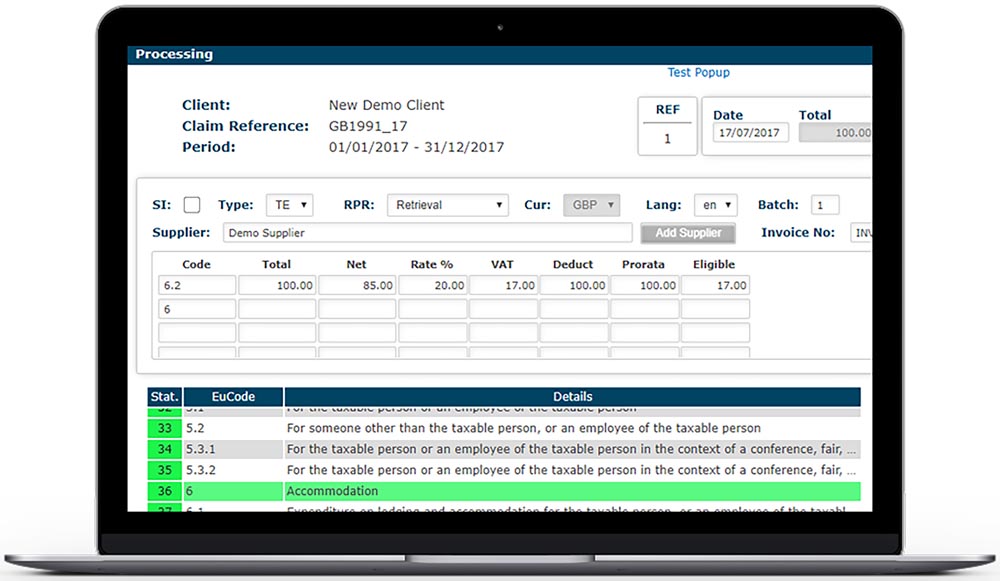
With more and more people turning to online providers to make high value
purchases and the rise of mobile technology, businesses are relying on contracts that are often signed outside of their physical offices.
In 1994 the first ever recorded online retail transaction took place and one year later both Amazon and eBay launched their own online shopping sites. As true pioneers of e-commerce and online purchasing, they sparked a revolution in consumer buying behaviour which is now common place across almost every industry sector.
During the last 22 years consumer confidence has continued to grow and now more and more people are using online innovation to enter into high-value contracts with professional service providers. The advance of mobile technology has accelerated that trend as people have gained confidence in undertaking all manor of high value transactions online, from holidays, expensive gadgets and home appliances to cars and in some cases even houses.
Of course, as a service provider, it makes perfect sense to make it as easy as possible for potential customers and clients to enter into contracts and nowadays it’s common practice to do this during an initial meeting that often takes place outside of the organisation’s place of business. If you adopt this practice, then this could potentially result in your client cancelling the contract without having to pay a penny for your services, even if those services have already been provided.
Why do they have the right to cancel without paying?
In June 2014, The Consumer Contract Regulations came into force which gave rights to consumers to cancel a contract that had been made at a distance or “off premises” without any reason other than they have changed their mind.
The time in which a client has the right to cancel, known as the “cooling-off” period, is 14 days from the day the contract is entered into providing the client is made aware of their right to cancel.
This is where many businesses come unstuck. Their failure to inform their client that they have the right to cancel means that the 14 day cooling off period has yet to begin, leaving clients the right to cancel your contract at any time. Needless to say this can leave your business exposed to unnecessary financial risk and worse, a potentially expensive and damaging dispute.
What is distant selling and “off premises”?
There are of course some legal definitions as to what constitutes “off premises” but as a general rule, if you are not signing the contract together with the client, simultaneously, at your business premises, then it is likely to be deemed distant selling and the 14 day cooling-off period comes into play.
For more information and guidance on how to implement robust distant selling contract processes or if you have a disputed contract with a client, email Alistair Rustemeyer alistairrustemeyer@rixandkay.co.uk
Practical tips to protect your business
There are a number of simple ways that businesses can make sure they protect themselves when entering into contracts with clients:
1. Update your terms of business
Prior to 13th June 2014, the cooling-off period was only seven days. Make sure that your current Terms of Business have been updated to reflect the new cancellation period of 14 days.
2. Make sure your clients know their rights
Provide your clients with the information listed in Schedule 2 of the Regulations, including the new model cancellation form for your clients to exercise their right to cancel if they wish. These can be obtained from www.legislation.gov.uk. Failure to do so may be a criminal offence and could result in a fine.
3. Ensure your costs are clear
It’s important that your Terms of Business provide clear information about the costs of your service, and the basis upon which any final cost will be calculated. This should help to avoid any disputes that later arise.
4. Take caution when providing services inside the 14 day cooling-off period
If your clients want you to begin providing a service within the 14 day cancellation period, you should gain their written consent and advise them that if they later cancel your contract they will need to pay for any services delivered until the point at which they cancel. If you fail to do so, the consumer may not be liable for any costs that you have incurred during this time.
5. Inform your client
Once the contract is signed, you should provide your clients with a copy of the signed contracts. The burden of proof that the required information has been given rests with the trader, so it is in your interests to keep good, clear records.





